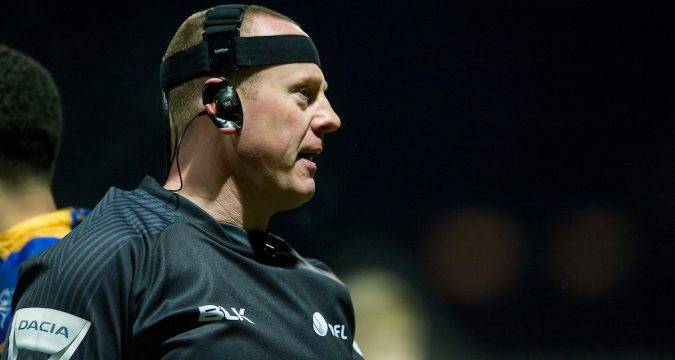 SUPER LEAGUE and rugby league often tinker with the rules in a bid to make the sport more efficient.
In the past, the likes of the 40/20, removal of the corner flag from in play and shot clock have all been popular regulations in a bid to improve the quality of the rugby on show.
However, one rule that has been a constant point of attention i
SUPER LEAGUE and rugby league often tinker with the rules in a bid to make the sport more efficient.
In the past, the likes of the 40/20, removal of the corner flag from in play and shot clock have all been popular regulations in a bid to improve the quality of the rugby on show.
However, one rule that has been a constant point of attention i Ex-Super League referee Richard Silverwood wants to see rid of Super League rule
 SUPER LEAGUE and rugby league often tinker with the rules in a bid to make the sport more efficient.
In the past, the likes of the 40/20, removal of the corner flag from in play and shot clock have all been popular regulations in a bid to improve the quality of the rugby on show.
However, one rule that has been a constant point of attention i
SUPER LEAGUE and rugby league often tinker with the rules in a bid to make the sport more efficient.
In the past, the likes of the 40/20, removal of the corner flag from in play and shot clock have all been popular regulations in a bid to improve the quality of the rugby on show.
However, one rule that has been a constant point of attention i 